Talking Cents
|
December November October September August July June May April March February January |
Types of income tax concessions for small businessesSmall businesses have access to a wide range of concessions including payment and reporting options. These concessions can apply to sole traders, partnerships, companies, or trusts. To be eligible for small business entity concessions, you will need to work out if you are classified as a small business entity in the income year. According to the Australian Taxation Office, you are a small business if you are a sole trader, partnership, company or trust that operates a business for all or part of the income year, and have a turnover less than $10 million. Here at M.A.S Partners, the leading small business accounting firm in Sydney, we work with hundreds of small businesses to help them claim the concessions they deserve. As such, we have listed the types of income tax concessions that you may be missing out on. Start-up deductions As a small business, you are eligible for income tax concessions if your turnover is below the turnover threshold in the income year. From the 1st of July 2015, the turnover threshold is $5 million for small business income tax offset, and $10 million for all other income tax concessions. Small businesses are entitled to certain deductions when starting up a business. Start-up costs that can be deducted includes professional, legal, accounting and government fees and charges. Restructure rollover In addition, small businesses can change the legal structure of their business without acquiring any income tax liability when active sets are transferred by one entity to another. This is extremely useful if you are considering restructuring your business. This rollover applies to all active assets such as trading stock, revenue assets, depreciating assets, and CGT. Trading stock rules Trading stock concessions allow you to estimate the value of your trading stock at the end of the financial year to report in your tax return. In doing so, you must record how you estimated the value of your stock. However, you can choose not to conduct a stock take: if there is a difference of $5000 or less between the value of your stock at the start of the income year, and the reasonable estimate of the value of your stock at the end of the year: you will need to conduct a stock take and account for the changes in the value of your stock. Consider hiring a small business accountant With so many different types of income concessions, it is almost impossible to claim all of the ones you are eligible for if you are not a professional. Our years of experience in small business accounting has given us expertise in choosing what concessions to claim and ensuring that you are maximising your money. As a small business, every dollar counts- so our small business accounting services will ensure this. For more information on our small business accounting services, click here. |




